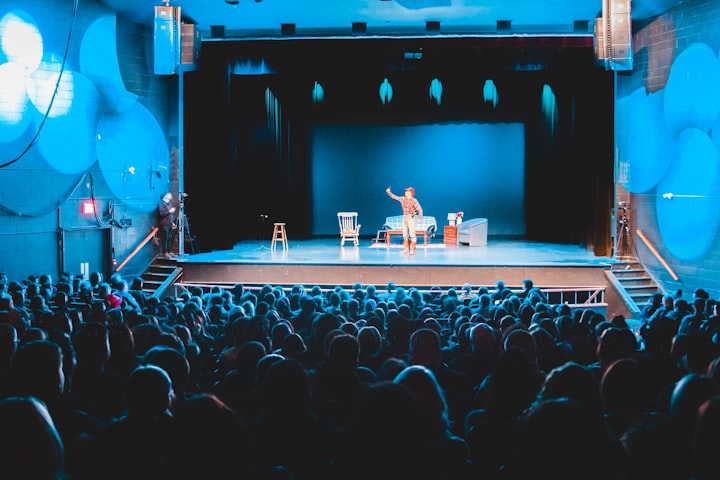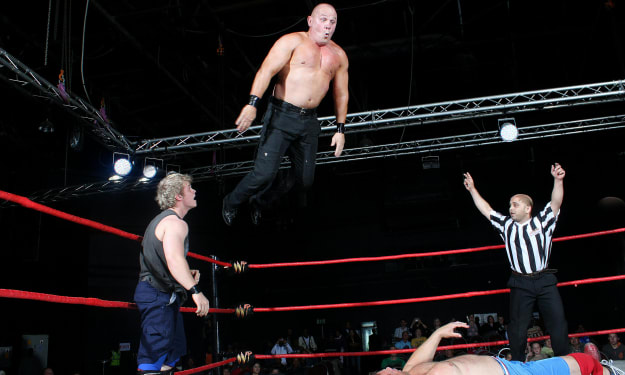The Isolation of the Playwright
and the ironies of the collaborative art form of theater

For the last five years, I have enjoyed a collaborative relationship with a songwriter and musician. We have written four musicals together and gone on to produce and direct them together. We talk through every choice together and enjoy the kind of community that is necessary to make a play happen. I had forgotten how uncommon that is, because:
1.) Playwrights don't often get to sit long at the collaborative table. Producing a play is a kind of social proof. You must live, work, and breathe together for weeks on end. You solve problems together (because if you don't, you fail together), and bonds of character-forming experiences are forged in the making and un-making of patterns that are deliberately designed and executed to NOT look like patterns. It's impossible to make a play without collaboration.
But playwrights, like all writers, do the delicate, sometimes agonizing, and achingly long rewrites alone. No one is there to witness their rehearsals, and so no one thinks of the closeness they feel to these words, these page-people, this paper world. The actors feel it, the director feels it, the stagehands and artists that make the magic happen feel it, but no one thinks of the playwright. They are mostly a name on the cover of the script.
2.) Playwrights and productions work on different timetables. A playwright's work isn't typically included in the process of putting on a play. Perhaps Shakespeare's troupe was waiting around for him to finish whatever the next script was going to be, but a modern play does not begin without the completed script in hand. The script is necessary, but it could have been written 200 years ago. Productions are a flurry of NOW energy that vaporizes when the play is over. Even if the playwright lived in the theater like a ghost, they would not be necessary like scenery or props. Their work was done long ago; let the actors work, now.
3.) Playwrights are invisible. The actor walks back and forth across the stage for three hours. When the audience leaves, they feel as if they intimately know the person they just watched live a journey. They don't, of course, but live people talking to you for an evening has that effect. No audience member sat there thinking of the playwright; they weren't supposed to.
In most cases, playwrights probably shouldn't be in rehearsals. They will probably be annoying. A director left alone to do what she does best is another proof of the script--proof that it doesn't NEED the playwright around to explain it. Everything you need is in the recipe. Make the cake. Unless there are clear guidelines designed for the collaboration and thriving of both the production team and the playwright, the writer makes everyone nervous.
Additionally, there is no place for the playwright at the performance. How bizarre to be in the room, feeling very much a part of the project you made and are seeing come to life...and have no one else know it. How odd to feel intense kinship with a project, and have no one else see you as a part of that project. It's a weird isolation that doesn't come up in other kinds of writing because plays are collaborative, and without collaboration, playwrights are a little orphaned.
I reflect on these things every now and then, especially as I enjoy both the creation of scripts and collaboration around them. It's rare and I know it, and it makes me feel all the more the importance of making space for collaboration and clear guidelines for safe collaboration right alongside quiet places for the playwrights among us.
About the Creator
Lydia Stewart
Lydia is a freelance copywriter and playwright, watercolorist and gardener living in Michigan. She loves to collaborate with writer friends, one of whom she married. Her inspirations come from all of these interests and relationships.






Comments
There are no comments for this story
Be the first to respond and start the conversation.